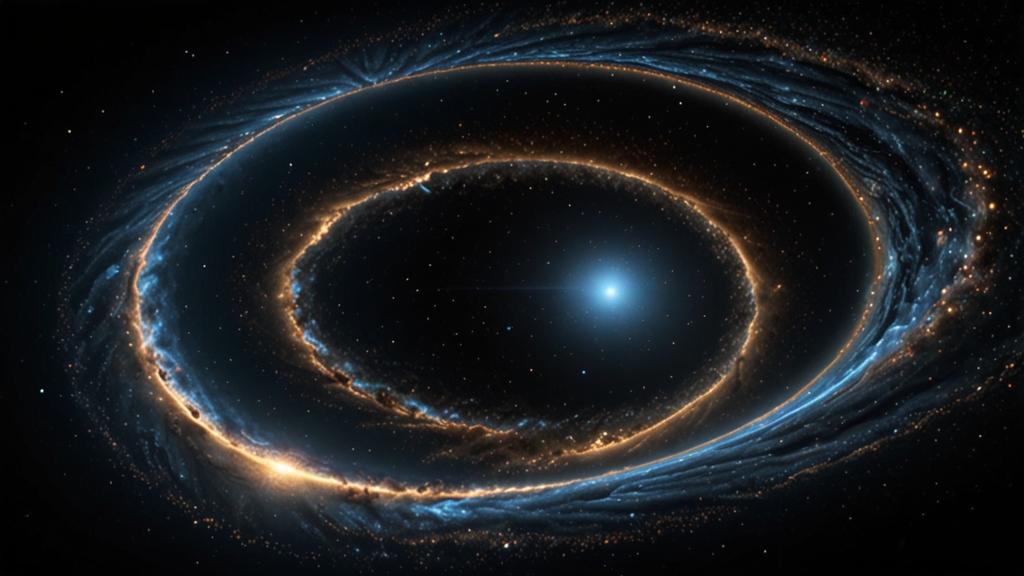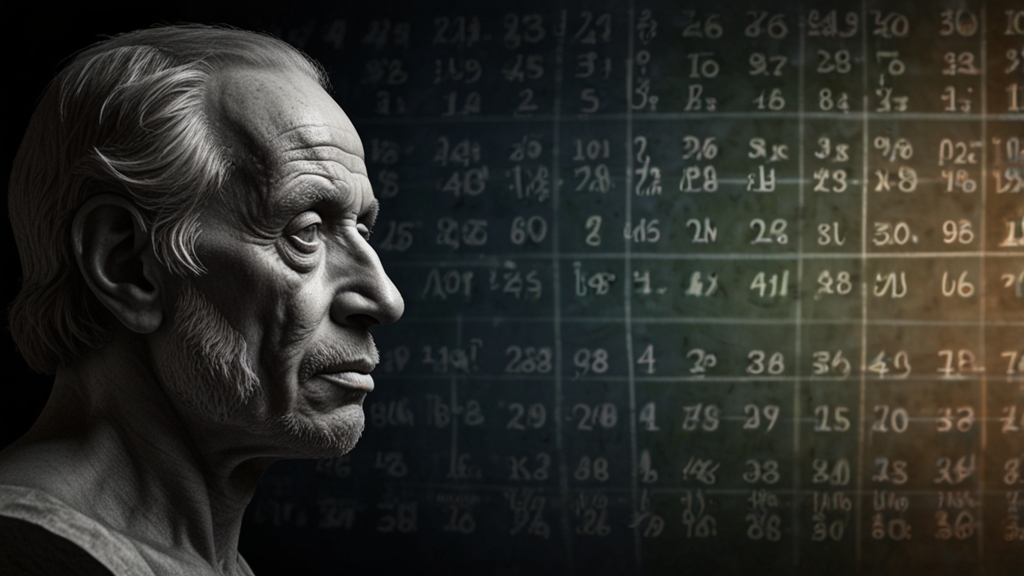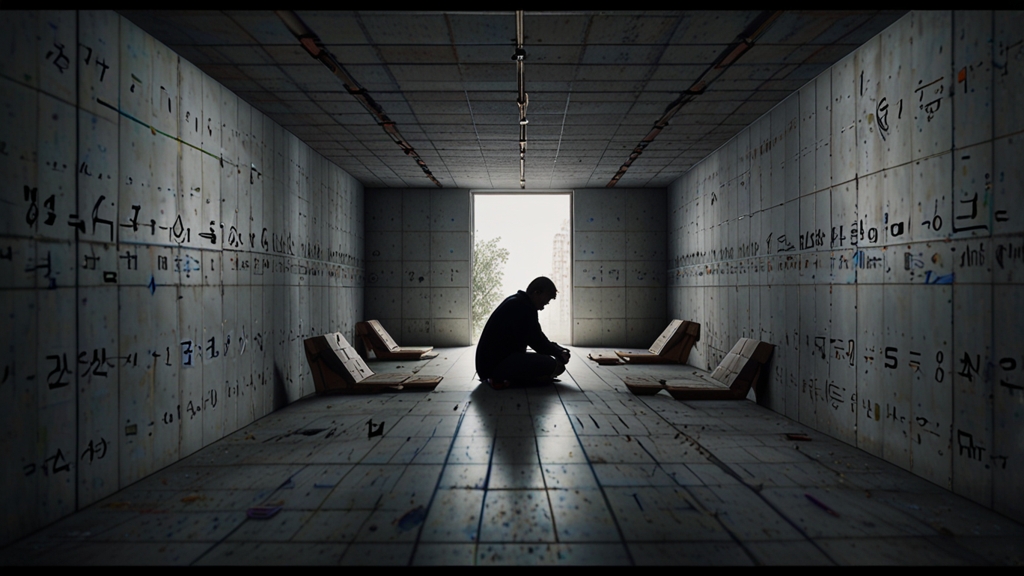Physics and the Universe: Can We Ever Know It All?
Since the dawn of civilization, humanity has been on a quest to understand the universe. From the earliest philosophers to contemporary physicists, the journey has been marked by incredible discoveries and profound questions. One of the most compelling questions remains: Can we ever know it all? This article delves into the complexities of this pursuit and explores the limitations and possibilities that lie within.
The Foundations of Understanding
The quest for knowledge began with ancient Greek philosophers like Aristotle and Democritus, who pondered the nature of matter and the cosmos. Their early musings laid the groundwork for classical physics, dominated by the work of Newton in the 17th century. Newton's laws of motion and universal gravitation seemed to offer a comprehensive framework for understanding the physical world.
The 20th century, however, brought about seismic shifts in our understanding. Einstein's theory of relativity and the advent of quantum mechanics unveiled a universe far more complex than Newtonian mechanics had suggested. These revolutions in physics have revealed that our universe operates on principles that sometimes defy common sense and are often counterintuitive.
The Ever-Expanding Universe
One of the principal obstacles to 'knowing it all' is the sheer scale of the universe. Observations suggest that the universe is not static but is expanding at an accelerating rate, driven by a mysterious force known as dark energy. Moreover, the observable universe may be just a fraction of a much larger, possibly infinite cosmos.
"Two things are infinite: the universe and human stupidity; and I'm not sure about the universe." — Albert Einstein
Even within the observable universe, the vastness of space makes comprehensive knowledge a daunting target. The distances involved are so immense that even light, traveling at 300,000 kilometers per second, takes billions of years to traverse from one end to the other.
The Unseen and the Unknown
Besides the spatial vastness, there's also the problem of the unseen. Dark matter and dark energy make up about 95% of the total mass-energy content of the universe, yet we know precious little about them. These components do not emit, absorb, or reflect light, making them invisible and detectable only through their gravitational effects.
"The most beautiful thing we can experience is the mysterious. It is the source of all true art and science." — Albert Einstein
Moreover, the Heisenberg Uncertainty Principle in quantum mechanics sets fundamental limits on how precisely we can measure certain pairs of physical properties, such as position and momentum. This implies that there are limits to what can be known, no matter how sophisticated our technology becomes.
Technological and Computational Limits
Our quest for knowledge is also limited by the tools at our disposal. Technological advancements have significantly expanded our capabilities, but they are not without limits. Telescopes, particle accelerators, and space probes can only take us so far in our exploration of the universe. Computational limits also come into play when dealing with large data sets and complex models.
Moreover, as our knowledge grows, so does the complexity of the questions we face. Each discovery often leads to new questions, creating a seemingly endless cycle of inquiry. This does not diminish the value of our discoveries but highlights the perpetual nature of scientific exploration.
The Philosophical Perspective
Finally, the question of whether we can ever know it all touches on deep philosophical issues. The nature of knowledge itself is a subject of debate among philosophers. Some argue that our understanding is inherently limited by our perceptual and cognitive faculties. Others suggest that there may be truths about the universe that are fundamentally inaccessible to us.
In conclusion, while we have made incredible strides in understanding the universe, the notion of 'knowing it all' seems increasingly implausible. The vastness of the cosmos, the limitations of our senses and tools, and the inherent uncertainties of quantum mechanics all suggest that there will always be mysteries to explore. But perhaps it is this very mystery that drives us forward, fueling the unending quest for knowledge that defines the human spirit.











